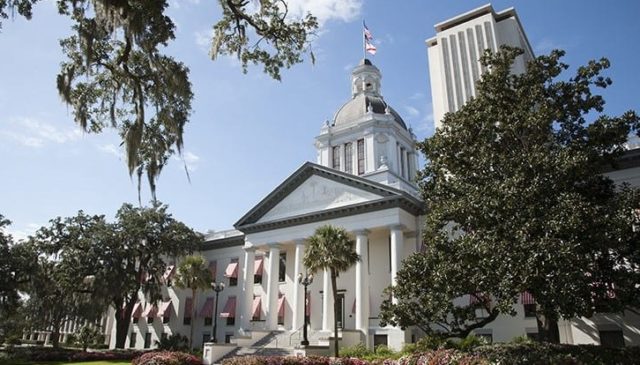
CHICAGO–(BUSINESS WIRE)–PRESS RELEASE–Cresco Labs, one of the largest vertically integrated, multistate cannabis operators in the United States, has published the first annual report for its SEED (Social Equity and Educational Development) initiative. The report highlights the company’s many achievements over the past year to help create a more diverse and inclusive cannabis industry through SEED’s restorative justice initiatives, community business incubators, and educational and workforce development programming. The 2019-2020 SEED Annual Report is available online at crescolabs.com/seed.
“We are proud to have launched the cannabis industry’s first comprehensive social justice and social equity initiative and to report the significant strides the SEED program has made towards the more equitable inclusion of Black and Brown people in cannabis,” said Charlie Bachtell, CEO and co-founder of Cresco Labs. “As we reflect on SEED’s first year successes, we recognize that this is just the beginning of a long road ahead and a tremendous amount of work is still to be done. Our goal is to provide the time, know-how and resources to elevate more voices and foster economic opportunities for people from communities disproportionately impacted by prior drug laws. The ability of this industry to reach its maximum potential will be governed by its ability to address the social responsibility components tied to this subject matter. Our SEED team is made up of incredibly talented, hard-working individuals who are building a culture where all Cresco Labs employees are inspired to improve inclusiveness within the cannabis industry. Our SEED initiative supports our vision to be the most important company in cannabis and is helping to build the most responsible and respectable industry possible. Together, we are firmly committed to continuing the progress we’ve achieved this inaugural year into the future.”
The SEED Annual Report outlines the mission of SEED, describes its goals and initiatives, and details the efforts dedicated to the program’s success. Highlights of the 2019/2020 program include:
- Invested over $1.5M and contributed over 2,200 Cresco Labs staff hours for more than 40 multi-tiered SEED initiatives
- Sponsored and financially supported 22 restorative-focused events and more than 1,200 individuals seeking expungement of their records
- Conducted SEED’s inaugural Community Business Incubator that assisted 50 businesses and over 250 individuals in total over two application periods in Illinois
- Established 8 community and workforce development initiatives and assisted in the development of cannabis industry curriculum with 5 universities and colleges
Cresco Labs’ SEED team was the recipient of the 2020 Bill Leslie Visionary Award from Cabrini Green Legal Aid, a nonprofit established in 1973 to serve legal needs arising from the lack of opportunity, criminalization of poverty, and racial inequity experienced within the Cabrini Green community in Chicago, Illinois. This recognition reinforces the SEED initiative’s effort to build community relationships and do its part to be restorative and inclusive.
In May 2019, Cresco Labs created SEED to address the absence of people, businesses and communities disproportionately impacted by the War on Drugs in the cannabis industry. Its mission is to develop tangible pathways into the cannabis industry for communities impacted by the War on Drugs through the three pillars of SEED: Restorative Justice, Community Business Incubator, and Education & Workforce Development. SEED’s restorative justice programming includes expungement events, lobbying to change the nation’s drug laws, and working to ensure that no person remains in prison for a cannabis conviction. Established in November 2019, Cresco’s Community Business Incubator provides qualifying social equity applicants with the resources, knowledge and guidance needed to successfully apply for adult use dispensary licenses awarded by the Illinois Department of Financial and Professional Regulation. SEED develops educational cannabis programming tailored to communities disproportionately impacted by the War on Drugs, as well as builds collaborative relationships with colleges and universities to develop curriculum, teach classes and host workshops to educate and prepare students for careers in cannabis.
